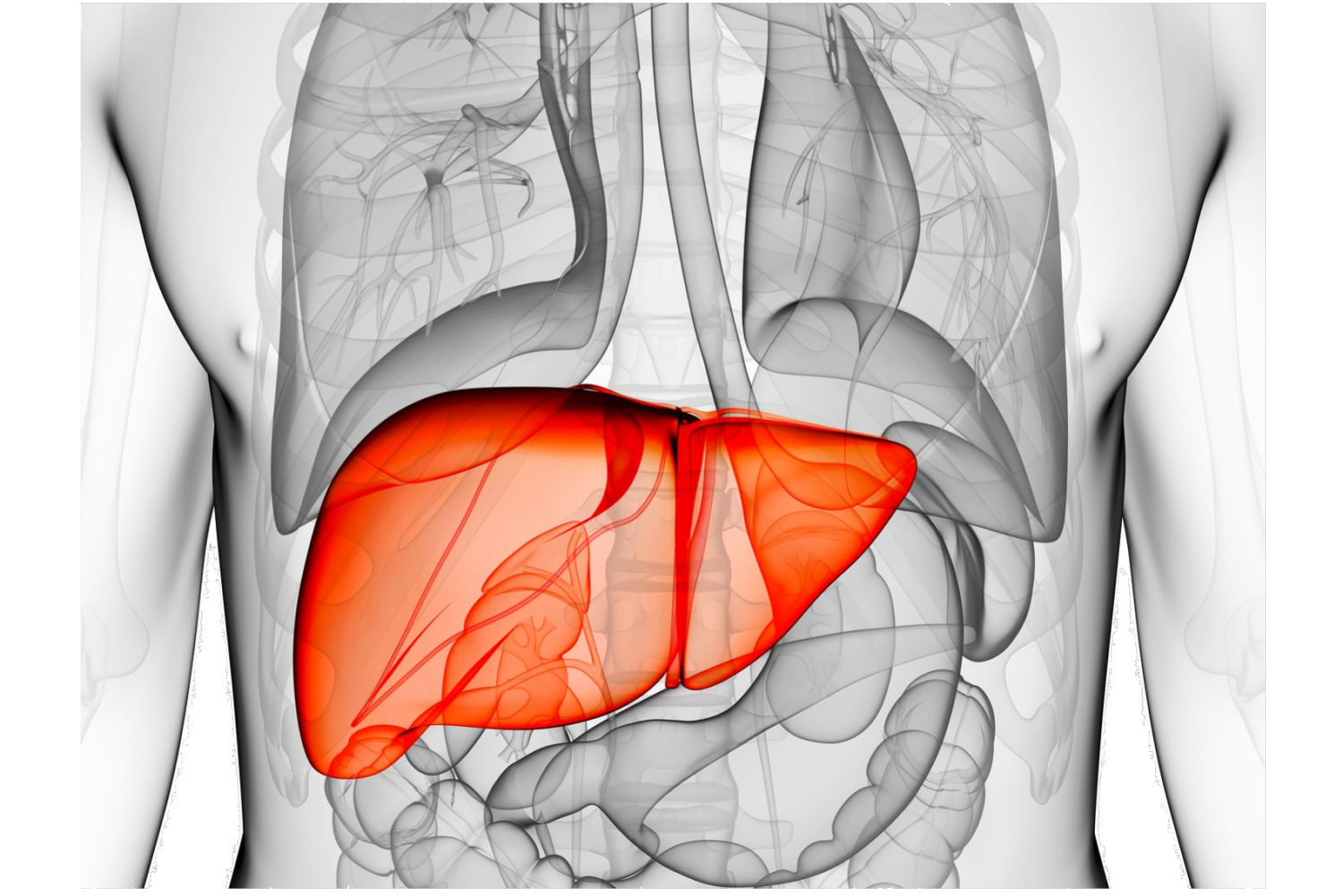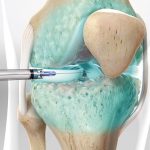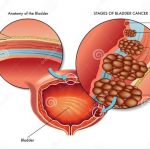What is Liver Failure?
Liver failure is a condition that occurs when the liver becomes unable to perform its functions as a result of damage. It can also occur in the absence of long-term treatment of hepatitis, diabetes, and some toxic substances such as toxins.
If symptoms such as weakness and blood in the stool are observed in the person, treatment should be done early and quickly.
It is usually caused by liver cancer or cirrhosis, in which the liver fails to function.
These are life-threatening conditions. There are two types of this frequently encountered condition, acute and chronic.
What is Acute Liver Failure?
Acute liver failure is the sudden loss of liver function that occurs within days or weeks in people with no previous liver problems. It can occur due to poisoning or drug overdose.
Coagulation problems in acute liver failure lead to severe bleeding. Swelling of brain tissue causes unconsciousness ranging from confusion to deep coma.
The patient needs to be treated in the hospital or even in the intensive care unit. Depending on the cause, sometimes treatment is possible. However, most of the time the definitive solution is liver transplantation.
One of the most common and irreversible causes is mushroom poisoning. Another important reason is the intake of high doses of drugs.
Medications can cause liver damage, especially in older people who regularly use more than one medication at the same time. Herbal remedies can also cause acute liver failure.
What is Chronic Liver Failure?
It is the process by which the liver gradually and progressively loses its functions over time. The most important reason is excessive alcohol consumption for a long time; fatty liver from metabolic syndrome (obesity and diabetes); Hepatitis B and C infections follow.
In the initial stage of chronic liver failure, inflammation develops. This is followed by fibrosis and cirrhosis stages.
The process is completed with end-stage liver failure. At each stage, the liver’s capacity to perform its functions decreases. In advanced stages, the risk of developing liver cancer also increases.
What Causes Liver Failure?
There are many causes of the disease.
Causes of Acute Liver Failure
- Viral Infections
- Use of High-Dose Acetaminophen
- Antibiotics
- Epilepsy Medicines
- Wilson’s Disease
- Autoimmune Hepatitis
- Toxic Wild Mushrooms
- Septic Shock
Causes of Chronic Liver Failure
- Chronic Hepatitis C Infection
- Long-Term Alcohol Use
- Fatty Liver
- Autoimmune Hepatitis
- Cirrhosis
- Wilson’s Disease
- Liver Cancer
What are The Symptoms of Liver Failure?
Symptoms of liver failure occur when the liver loses some or all of its functionality.
Symptoms can vary depending on the level of disease and whether liver failure is chronic or acute.
General symptoms are as follows:
- Weakness
- Nausea
- Vomiting
- Itching on the skin
- Weakness
- Stomach ache
- Brain Dysfunctions
- Jaundice
- Blood in the stool
- Dark Urine
- Acid Accumulation
- Insomnia
- Yellowing of the Eyes or Skin
- Slowing in Perception and Expression
- Enthusiasm or Depression
What are The Stages of Liver Failure?
-
Liver Inflammation:
At this stage, there may be enlargement and tenderness in the liver. When other parts of the body become inflamed, it causes warmth and pain. However, many people with liver inflammation may not feel this condition. If the disease can be caught at this stage, it can be effectively treated and the damage reversed. For this reason, it is important for people at risk for liver failure to have regular check-ups.
-
Fibrosis:
The continuous inflammation prevents the repair of the damaged tissue in the liver and the amount of damaged tissue (scar) increases. The scar tissue composed of collagen is dysfunctional; It prevents the flow of blood in the liver and increases cell death. This process is called fibrosis. Fibrosis negatively affects the functioning of the liver. It can be difficult to diagnose because when it is mild or moderate, it is usually asymptomatic. But if diagnosed at the right time and treated successfully, the liver has a chance to heal itself over time.
-
Cirrhosis:
In the stage of cirrhosis, hard scar tissue in the liver replaces soft healthy tissue and the liver cannot function properly. The patient begins to experience serious health problems. If cirrhosis is not treated, the liver can completely lose its function and a number of complications can occur, including liver cancer. (5) The treatment of cirrhosis aims to stop or slow down liver damage by preserving the remaining healthy liver tissue.
-
End Stage Liver Disease:
End-stage liver disease is an irreversible condition in which liver function worsens significantly. There is no cure other than liver transplantation. Hepatic encephalopathy, variceal bleeding, kidney failure, ascites (fluid collection in the abdominal cavity) and lung problems can be seen. Patients at this stage have priority on the transplant list.
-
Liver Cancer:
Cancer that starts in the liver is called primary liver cancer. Although it can occur at any stage of liver failure, cirrhosis and hepatitis B are the leading risk factors for primary liver cancer.
Diagnosis
In the diagnosis of liver failure, the doctor first obtains information about the patient’s medical history and performs a physical examination.
Liver Failure Blood Test
-
Liver Blood Tests:
These tests evaluate the levels of various proteins and enzymes in the blood that can be an indicator of liver function.
-
Prothrombin Time Test:
It measures how long it takes for blood to clot. In acute liver failure, blood clotting may be delayed.
-
Other Blood Tests:
Hemogram (Complete blood count) and blood tests may be needed for viral hepatitis or genetic conditions that can cause liver damage.
Other Tests
-
Imaging Tests:
Detailed visual examination of the liver is performed with imaging methods such as ultrasound, tomography or MRI scan.
-
Biopsy:
Liver biopsy is performed by taking a tissue sample with the help of a thin needle from a catheter placed in a vein in the neck due to the risk of bleeding.
This tissue sample is examined in the laboratory. And it is determined whether there is scar tissue. A biopsy can also be helpful in diagnosing what might be causing the problem.
Treatment
As in hepatitis disease, antiviral drugs can be used if any virus causes liver failure.
In poisoning or mushroom poisoning, drugs can be used to reduce the effect of the poison.
-
Treatment of Acute Liver Failure
Acute liver failure is treated in the intensive care units of hospitals. Complications are brought under control. The liver is expected to recover. If liver damage is caused by an overdose or medication, medication is given to reverse the effect. Liver transplantation is necessary if the damage cannot be prevented.
-
Chronic Liver Transplant Treatment
If liver failure is prolonged and damaged, the first goal is to save healthy parts of the organ.
Liver damage from fibrosis and inflammation can be reversed over time if properly diagnosed and treated. And it can heal.
However, the damage caused by cirrhosis cannot be prevented. But it can be slowed down or stopped. Often a liver transplant is required.






